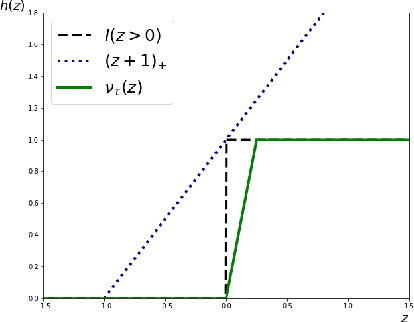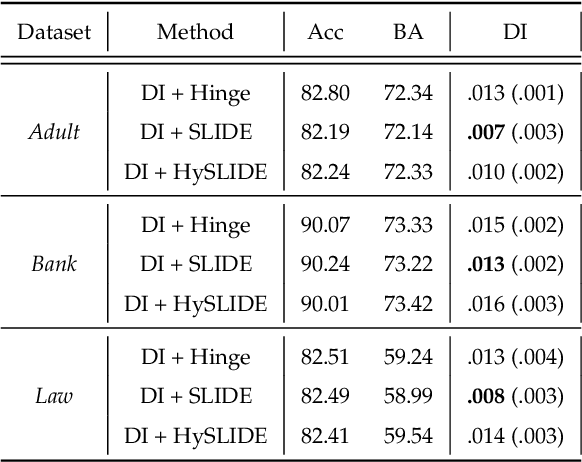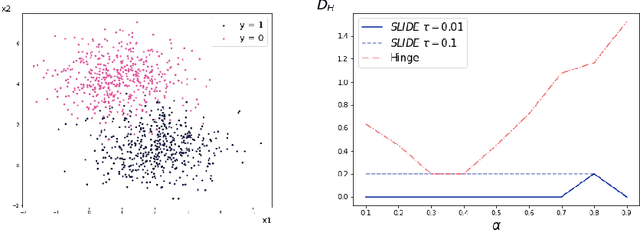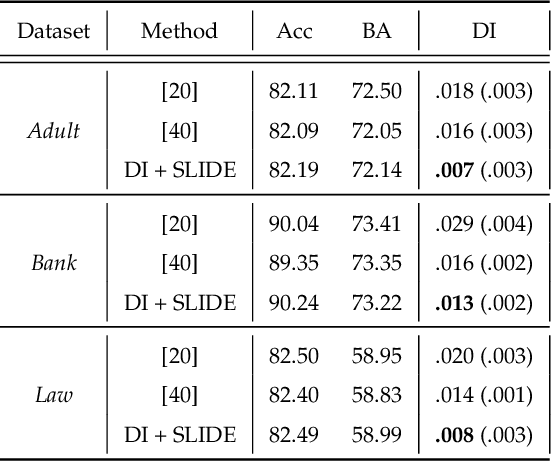Sara Kim
Within-group fairness: A guidance for more sound between-group fairness
Jan 20, 2023Abstract:As they have a vital effect on social decision-making, AI algorithms not only should be accurate and but also should not pose unfairness against certain sensitive groups (e.g., non-white, women). Various specially designed AI algorithms to ensure trained AI models to be fair between sensitive groups have been developed. In this paper, we raise a new issue that between-group fair AI models could treat individuals in a same sensitive group unfairly. We introduce a new concept of fairness so-called within-group fairness which requires that AI models should be fair for those in a same sensitive group as well as those in different sensitive groups. We materialize the concept of within-group fairness by proposing corresponding mathematical definitions and developing learning algorithms to control within-group fairness and between-group fairness simultaneously. Numerical studies show that the proposed learning algorithms improve within-group fairness without sacrificing accuracy as well as between-group fairness.
SLIDE: a surrogate fairness constraint to ensure fairness consistency
Feb 07, 2022



Abstract:As they have a vital effect on social decision makings, AI algorithms should be not only accurate and but also fair. Among various algorithms for fairness AI, learning a prediction model by minimizing the empirical risk (e.g., cross-entropy) subject to a given fairness constraint has received much attention. To avoid computational difficulty, however, a given fairness constraint is replaced by a surrogate fairness constraint as the 0-1 loss is replaced by a convex surrogate loss for classification problems. In this paper, we investigate the validity of existing surrogate fairness constraints and propose a new surrogate fairness constraint called SLIDE, which is computationally feasible and asymptotically valid in the sense that the learned model satisfies the fairness constraint asymptotically and achieves a fast convergence rate. Numerical experiments confirm that the SLIDE works well for various benchmark datasets.
 Add to Chrome
Add to Chrome Add to Firefox
Add to Firefox Add to Edge
Add to Edge